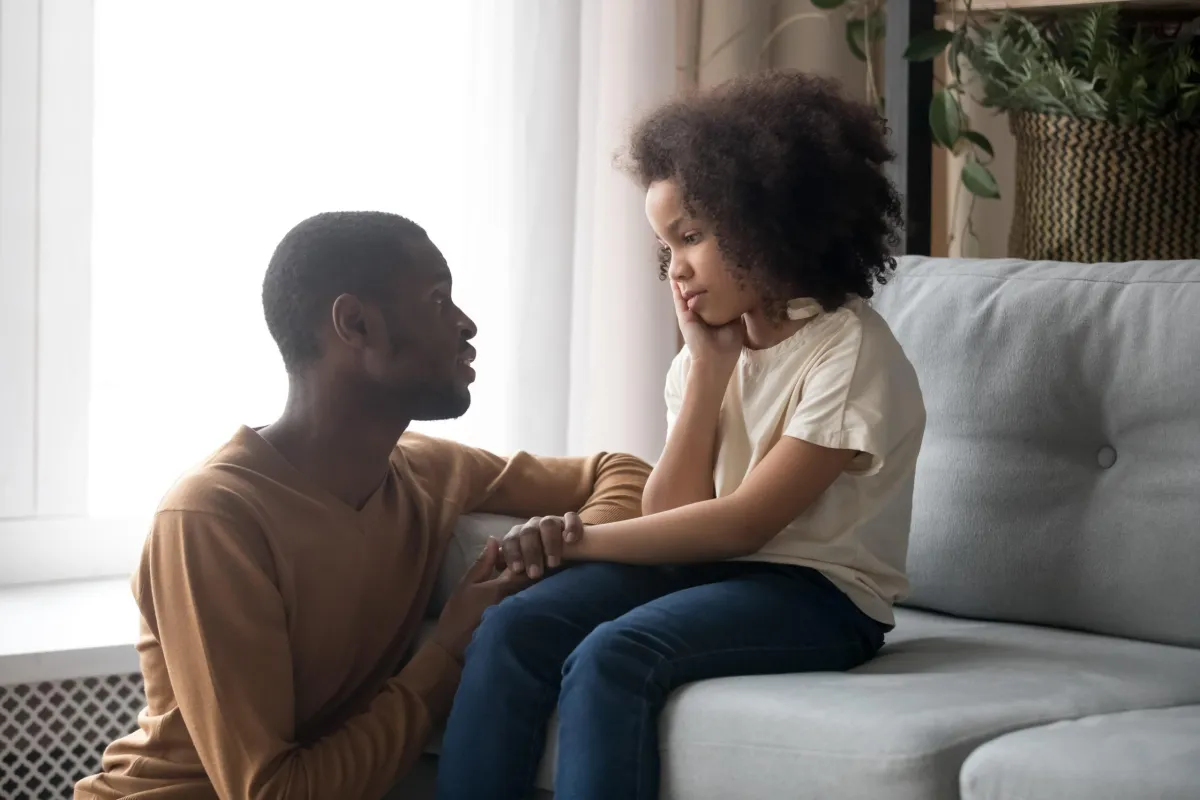
Helping Neurodivergent Kids Navigate Big Memories and Big Emotions
Have you ever been caught off guard by how well your child remembers things? I am amazed by the memory of one of my kids and the emotions that come with those memories. He still brings things up that happened years ago and how said he is about it happening.
Some neurodivergent kids, like my son, have incredibly strong emotional memories, which can be both a gift and a challenge.
On the episode 78 of the Every Brain is Different podcast, we talked with Frank Healy, a man with hyperthymesia—a rare condition that allows him to remember every single day of his life since he was five years old. Yes, every day. The weather, the events, even what he ate. While it might sound like a superpower, it also comes with challenges, like struggling to let go of negative emotions or getting stuck in overthinking.
As I listened to Frank share his experiences, I couldn’t help but think about how many neurodivergent kids struggle with memory, emotions, and regulation—even if they don’t have hyperthymesia. The way they hold onto past experiences can impact their confidence, their ability to move on from difficult moments, and their self-perception.
Why Some Neurodivergent Kids Hold Onto Memories So Strongly
Many kids with ADHD, autism, or anxiety have a heightened emotional memory. This means:
✔️ They remember exactly how they felt during a difficult experience.
✔️ They may relive past mistakes or embarrassing moments as if they’re happening right now.
✔️ They struggle to move on from upsetting situations, even when things are resolved.
This can be overwhelming for a child. Instead of just remembering something, they re-experience it. If your child is often stuck in loops of remembering difficult moments or struggles to let go of past mistakes, here are a few gentle strategies to help them navigate big memories and big emotions.
4 Ways to Help Your Child Manage Overwhelming Memories
🧠 1. Reframe Negative Memories
When a child gets stuck on a negative experience, our first instinct is often to say, “That was a long time ago, just forget it!” But for kids with strong emotional memories, that doesn’t work. Instead, help them reframe the experience by asking:
“What did you learn from that?”
“How would you help a friend who went through the same thing?”
“What can we do differently next time?”
By shifting their focus from shame to learning, you help them see the memory in a new way.
💭 2. Teach Self-Talk for Emotional Regulation
Memories bring up big emotions, and those emotions can spiral quickly. Help your child practice self-talk that shifts their perspective:
Instead of “I’ll never get over this mistake”, try “That was hard, but I’m learning.”
Instead of “I always mess up”, try “I’m getting better every time.”
It can help to model this for them in your own life—kids learn a lot from how we handle our own setbacks!
🎨 3. Use Creative Outlets for Processing
Some kids struggle to verbalize their feelings. Instead of forcing them to talk about it, try creative ways for them to express and release their emotions:
Journaling (even just drawing their feelings out)
Writing letters to past selves (and then tearing them up or keeping them)
Creating stories where a character faces something similar and overcomes it
Giving emotions a place to go can help ease their grip on the memory.
🌱 4. Shift Back to the Present with Sensory Tools
Sometimes, kids get caught in a memory loop and need something physical to help them re-center in the present. Sensory tools like:
Deep breathing
Cold water on hands or face
Movement (jumping, stretching, fidgeting)
A calming object like a weighted blanket or a favorite stuffed animal
These little things help signal to the brain that right now, in this moment, everything is okay.
Turning Memories into Strength
Instead of trying to erase or ignore memories, we can teach our kids how to navigate them in a healthy way. By reframing, using self-talk, embracing creativity, and grounding in the present, we give them tools to process experiences without getting stuck in them.
And the best part? These aren’t just skills for childhood. These are lifelong strategies that help kids grow into resilient, self-aware, and emotionally capable adults.
If this resonates with you, check out our full conversation with Frank Healy on the Every Brain is Different podcast. He shares even more insights about memory, emotions, and how to move forward without getting lost in the past.
Do you have a child who holds onto big memories and emotions? What has helped them? Drop a comment below—I’d love to hear your thoughts! 👇
